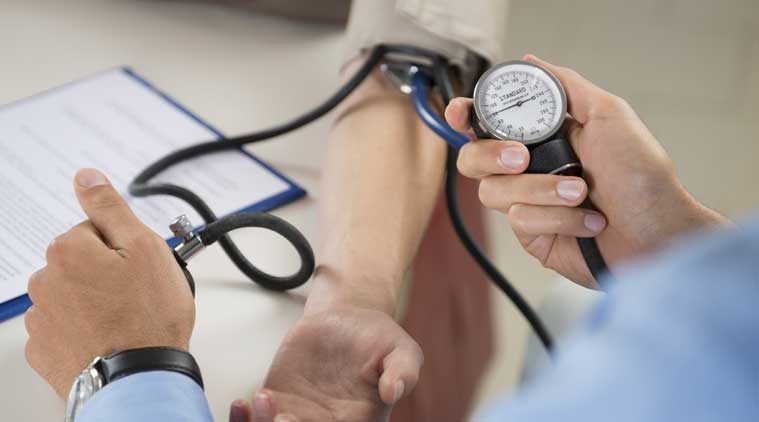A diagnosis of hypertension is oftentimes not looked at a serious condition by residents before they enter our facility. On the contrary, hypertension is a serious issue that plagues millions, approximately 75 million to be exact, of Americans. It affects about one-third of all individuals. Even with medication, a person’s blood pressure may spike, which can lead to long-term consequences. At Sallys Residential Care Home, we monitor resident’s blood pressure and take the necessary steps to help them better manage the condition.
What is Hypertension
Hypertension is a word that describes high blood pressure. High blood pressure occurs when a person’s reading is 140/90 or higher. Some people have prehypertension, a condition that occurs when blood pressure readings have a systolic between 120 and 139 and a diastolic of between 80 and 89. Those who have prehypertension are at a risk of developing hypertension.
High blood pressure typically doesn’t cause any symptoms. Some patients do experience frequent nosebleeds as well as headaches. Those who have hypertension are at a greater risk of having a serious cardiovascular event such as a heart attack, stroke or heart failure. It’s possible for a person to experience kidney failure as a result of hypertension.
How Sally’s Residential Care Home Helps
Unfortunately, only about half of all people who have hypertension have their condition managed adequately. At Sally’s Residential Care Home, we regularly monitor patients’ blood pressure. On a regular basis, we take a reading to detect any issues early because early detection is the key to preventing a serious issue in the future. By taking our residents’ vital signs regularly, we’re able to detect cases of prehypertension before it progresses into hypertension. At this stage, it’s easier to make the necessary changes to a resident’s lifestyle to reverse the issue. Patients who have readings that are a cause for concern or who have already been diagnosed with high blood pressure receive additional monitoring sessions.
We work with our patients’ doctors to ensure their conditions are managed properly. This allows us to make any changes immediately, especially in regards to a resident’s medications. Along with the resident’s primary care physician, we’re able to adjust medication dosages to manage the condition effectively. Additionally, we’re able to prescribe other medications or add a medication.
Diet is another vital aspect of managing hypertension. Sodium is a contributing factor to high blood pressure levels. We ensure residents eat healthy, well-balanced meals that are low in sodium but still are flavorful. Our healthy menu also helps our patients maintain a healthy weight. Being overweight or obese heightens a person’s risk of developing hypertension. Residents receive adequate amounts of fiber and other nutrients that are vital for cardiovascular health.
Source
https://www.cdc.gov/bloodpressure/facts.htm




